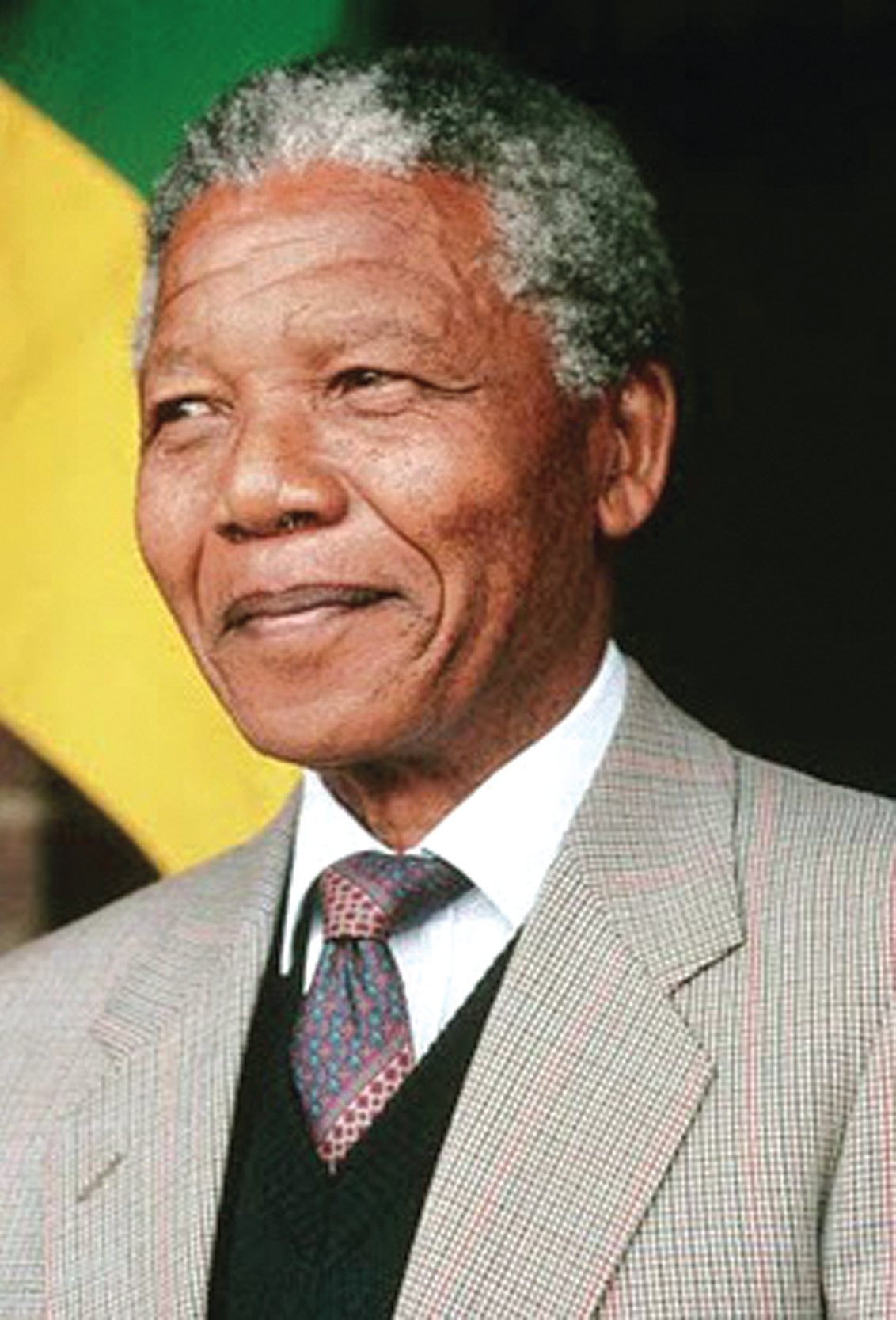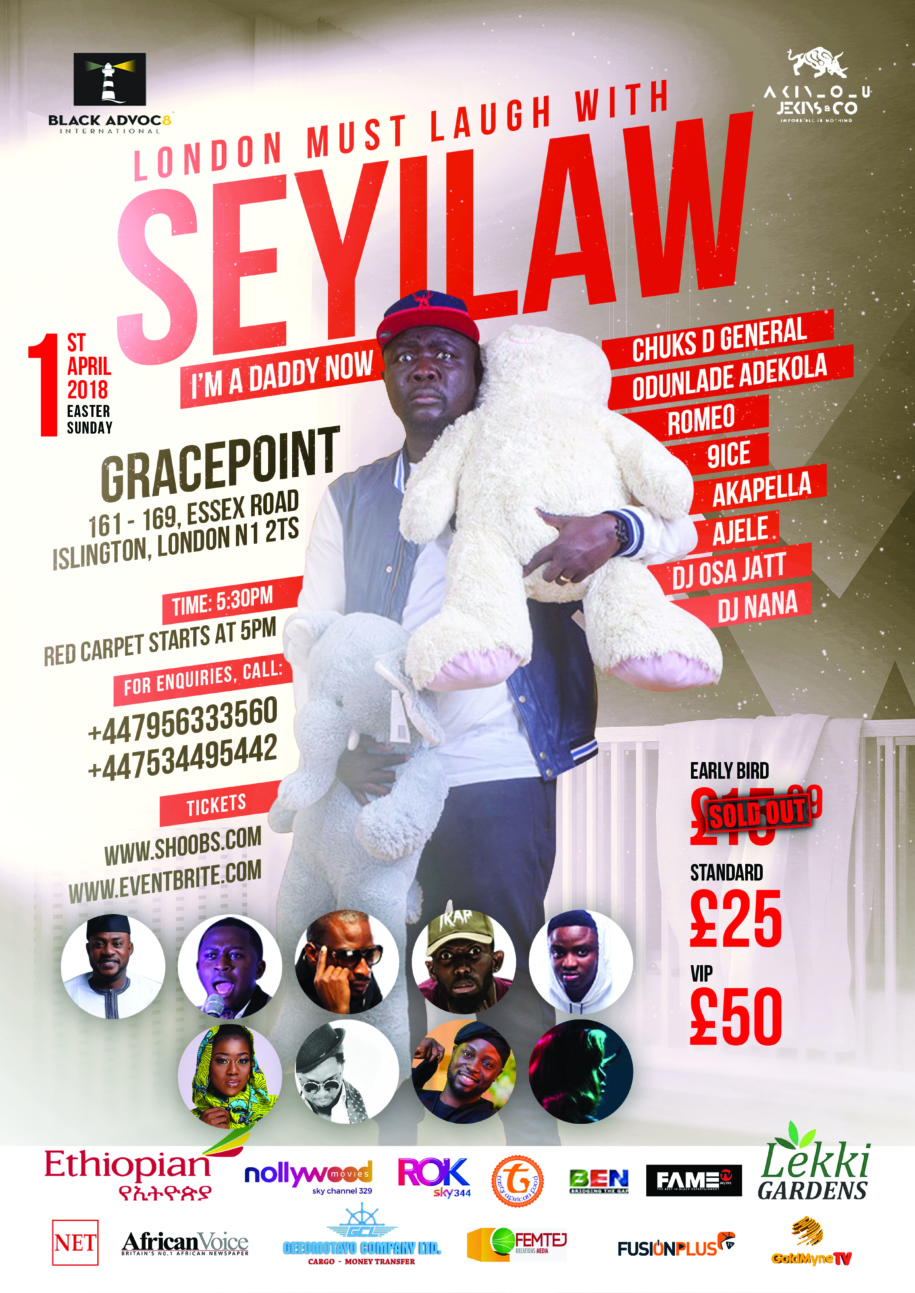It would be an understatement to say that the trending sit-tight and rule- till- death- disable- you, from eternal governance syndrome is a form of political cancer in Africa. Historian, Lord Acton, took a very sceptical and simplistic view of the effect of power on people and his words have outlived him to serve as warning to its corrupting influence on those in positions of authority.

“Power tends to corrupt, and absolute power corrupts absolutely. Great men are almost always bad men, even when they exercise influence and not authority; still more when you add the tendency of the certainty of corruption by authority. Only a handful managed power the way it should be managed”. Late Nelson Mandela was one of such. He had the opportunity and the support of his people to rule, but considered his age and health, and quit the stage when the ovation was loudest. We are all following the current Ghana scenario!
History is full of examples of individuals corrupted by the hypnotic influence of power and most people might point to prominent leaders such as, Caligula, Hitler, Stalin, Richard Nixon, or Silvio Berlusconi, to name but a few. Close to us here in Liberia, there was a Samuel Doe, President of the Republic of Liberia who ruled with the power of life and death and subjected his people to the atrocities of a demented psychotic. His end came so tragically that the man was decimated and given part of his own body to eat before himself was killed as he had killed many people by the exercise of despotic power.
Another tragedy of a despotic leader which must not be lost on Nigeria was the end of President Said Barre of Somalia, of which the event took place in Lagos. He remained a dejected forlon and lonely person after he was chased out of power, but not before he had ruled his country as prescribed by Thomas Hobbes.
In the world of business you might also mention leaders like the Enron executives Kenneth Lay and Jeffrey Skilling, or even the Ponzi scheme embezzler, Bernie Madoff. You may even have your own personal examples of managers or bosses you have worked with who you saw transformed before your very eyes by their elevation to a position of power.
However, the struggle against despotism has made those with balanced human intellect in various countries to side with, natural law which states that no man should deprive his fellow man justice and freedom which are fundamental to nature. And as Cicero most aptly put it, any such law should be repealed and rejected because, “it is useless and counterfeit”. This is what makes dictatorship and absolute exercise of power by man a demented exercise in futility.
Whereas, the victims of such absolute power turn out to be heroes, the despots who exercised such powers end up as villains who died disgracefully and put generations of their families after them in public disgrace and disrepute.
The cynical part of Lord Acton’s observation is that once someone has absolute power like Mandela the first black president of South Africa after ending apartheid, you can be sure that the person would be taking revenge. Payback to South African whites for twenty – seven years in prison and numerous insults under the apartheid regime. Revenge and retribution, given an opportunity, being a particularly noxious form of corruption. Shockingly, Mandela chose to forgive his tormentors and instead promoted peace, harmony and reconciliation among all sections of South African society.
Just to recall, Mahatma Gandhi was thrown out of a first class railway car in South Africa because of his color in 1893, much before apartheid launched officially in 1948 and ended in 1994. It was the pre-apartheid experiences in South Africa that motivated Gandhi to liberate India from colonial British rule in 1947. Notably Mahatma Gandhi never held formal leadership positions in the Indian Government. Even if he had, he would not have sought retribution, despite an estimated 61/2 years in jail.
There are two conditions here. First a leader like Gandhi or Mandela was treated very badly for standing up for some much needed change including jail time. Second, the required change happened and the leader found himself in power. Formal power for Mandela as President of South Africa and great and enduring power without formal office as for Gandhi. These leaders, when in power tried to ensure unity rather than causing division.
As President, Mandela served only till 1999 or five years. This one is quite remarkable when you see all manner of monarchs, political leaders and of course business leaders who just do not want to give up power.
Not President Mandela who chose the part of wisdom, vision, nation building and clarity of purpose for his generation and the generation behind him.
There are great lesson to be learnt from Late Nelson Mandela and Mahatma Gandhi especially by those of us who call ourselves political leaders or leaders in various fields of endowment. We should know that nothing last forever and we are just here for a while, one day we will die and all earned riches, wealth, power and accolades will vanish. We have been timely programmed by the creator to contribute our quota to the advancement of our world and the measure of our purpose is saving humanity at every dire needs. It is up to us to use our time and position well…To love humanity, promote peace, eschew rancor and build an egalitarian society.
Kindly follow us on twitter:@AfricanVoice2










